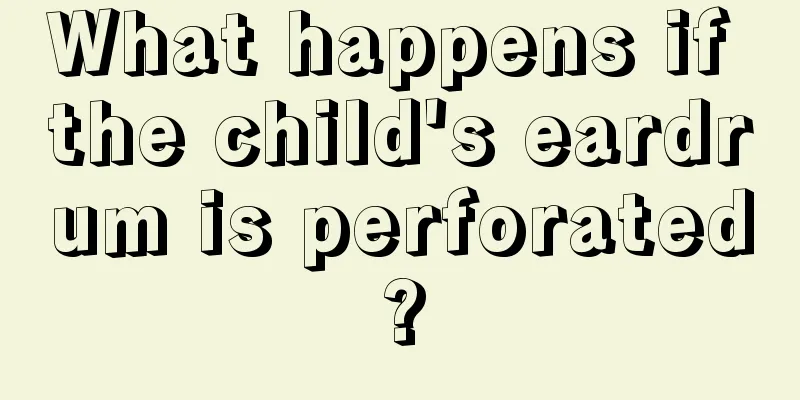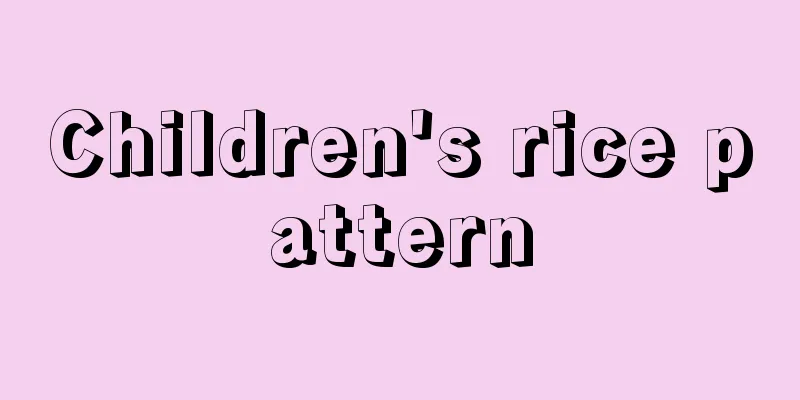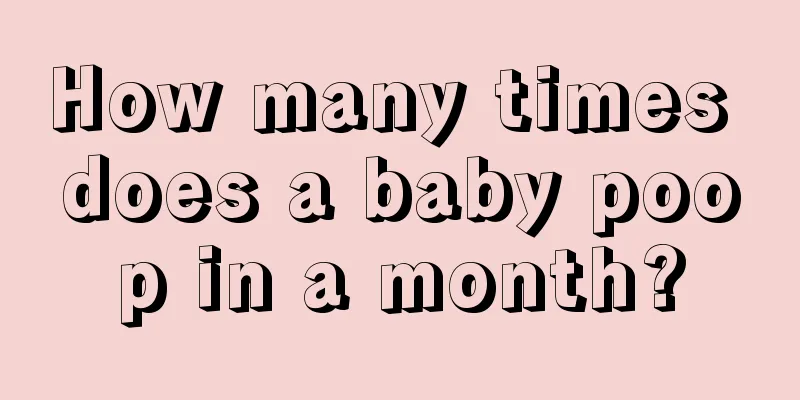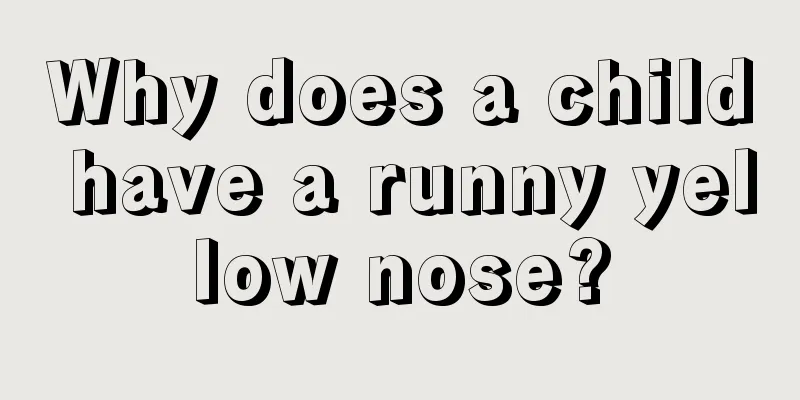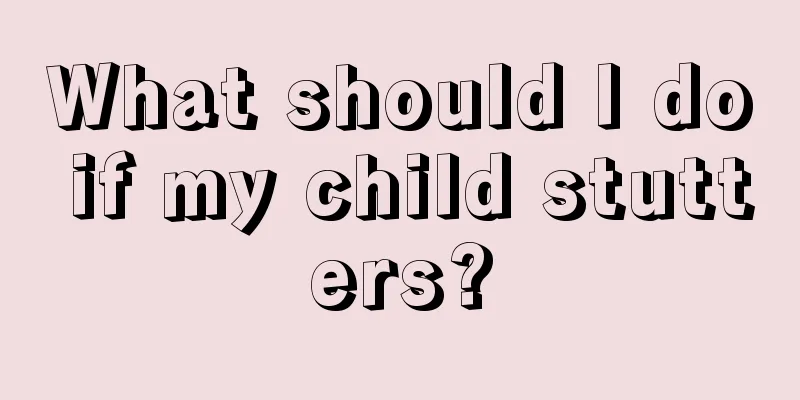Why does my baby drool when he has a fever?
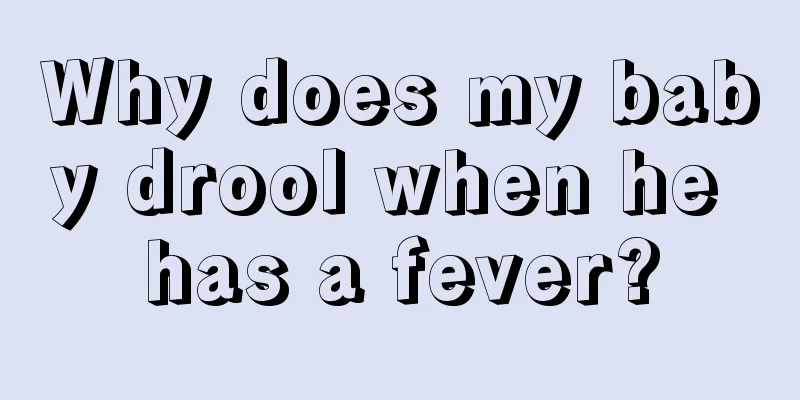
|
As children grow up, especially when they are still babies, their body resistance is limited and they are very susceptible to various diseases. Once they become ill, parents will be very worried, fearing that it will have a major impact on their children's health. Therefore, when the baby has a fever and drools, parents are very concerned about the cause. So, why does a baby drool when he has a fever? Let’s take a closer look at it below. fever In the first few days before the deciduous teeth are about to erupt, babies may show some abnormal behaviors, such as some crying, some drooling, some liking to bite their fingers, etc. Moreover, some babies may have a low-grade fever. This is because when the teeth try to break through the gums, there will inevitably be places like "wounds", causing the baby to feel uncomfortable. Often, if the oral cavity is not cleaned enough for these "wounds", the chances of gum inflammation and fever will be greatly increased. Therefore, at this time, parents should pay attention to helping their baby clean his or her mouth, let the baby drink more water, and remember to rinse his or her mouth after meals. However, teething can slightly increase the body temperature, so the baby may feel a little hotter than usual. When the baby has a low fever, parents do not need to worry too much. If the low fever persists, or the baby's temperature exceeds 38.5℃, you should go to the hospital in time. Drooling When a baby is just born, because the central nervous system and salivary glands are not fully developed, the baby's saliva is relatively less and there will be no drooling. However, when the baby reaches 3 months old, the secretion of saliva begins to increase slowly. When the baby starts to grow milk teeth at 6-7 months, the trigeminal nerve is stimulated to further increase the secretion of saliva. In addition, the baby's mouth is small and he cannot swallow or regulate the saliva in the mouth, so the saliva will flow out naturally after accumulation. At this time, parents should wipe the baby's saliva in time, but do not wipe it frequently with a rough towel to avoid damaging the baby's local skin. In addition, the baby's clothes, pillows, bedding, etc. are easily contaminated by saliva, so they should be washed and dried frequently to avoid the breeding of bacteria. The above is an introduction to why babies drool when they have a fever. I hope it will be helpful to parents. If a child has a fever and drools at the same time, it means that the child is teething. After ruling out the possibility of other diseases, there is no need to worry too much. Instead, you should focus on the things that need to be paid attention to during teething to ensure that the child goes through the teething process in good health. |
<<: How to care for babies with diarrhea after catching a cold and having a fever
>>: What to do if your baby has watery stools
Recommend
Is it really good to bathe a newborn baby every day?
Some mothers are very concerned about various iss...
The pros and cons of roller skating for children
Every time I pass by the square at night, I see m...
Can a two month old baby sleep on his side?
The addition of a new member to the family is a j...
What to do if your baby has phlegm in his nose
Babies often have a lot of phlegm due to getting ...
What should I do if my child doesn’t urinate for a day?
Urination is a normal metabolism. People need to ...
How to supplement trace elements for children
In life, we all go through different stages, and ...
What causes rough skin on children’s legs?
Everyone wants their skin to be smooth and delica...
The newborn suddenly does not eat well
Breastfeeding is a very important thing for newbo...
What to do if a child has spots on his nose
Many parents hope that their children can inherit...
What causes children's poor memory?
If a child has a poor memory, parents will also w...
What to do if a child has a low-grade fever
When babies are young, the most common phenomenon...
What is the reason for the doll's nose bleeding?
The nose is a relatively fragile organ of the hum...
What to do if your child swallows a coin
Children are very naughty and cannot distinguish ...
Is the cause of facial eczema in children complicated?
Facial eczema in children is a facial skin diseas...
How to treat baby's cough and bronchitis
Many babies suffer from bronchitis, which serious...
